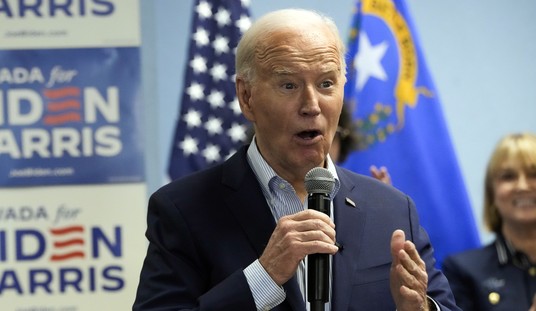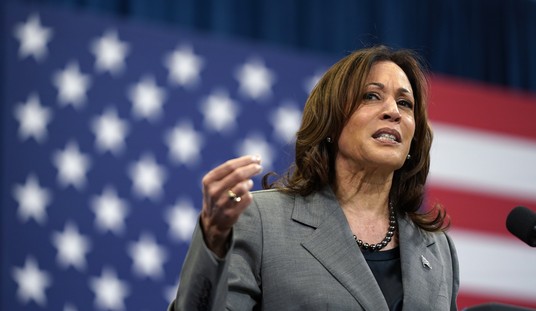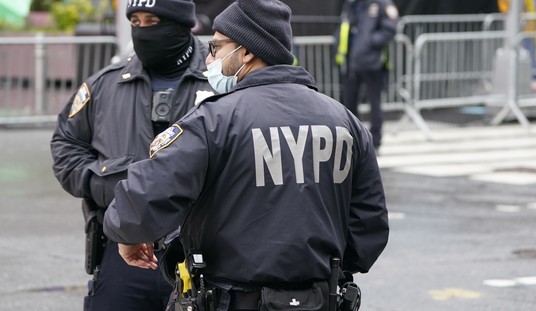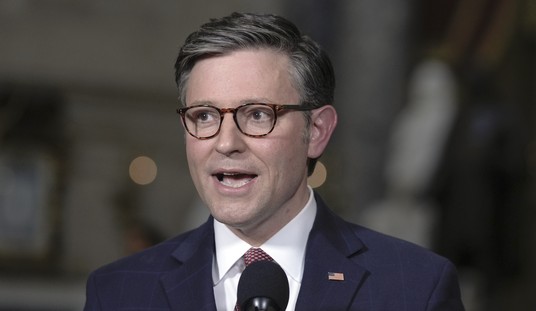You may not have heard about it, but there’s a tremendously important case that will be argued before the Supreme Court of the United States on Wednesday. It’s the Federal Communications Commission v. AT&T, Inc. — and if decided wrongly, it has the potential to transform the federal government’s Freedom of Information Act into a powerful anti-business weapon in the hands of the left.
By way of background, the case stems from a 2004 incident in which AT&T discovered it was overcharging the federal government on work related to E-Rate. The company voluntarily reported itself to the FCC, which then opened an investigation. David Johnson recounts what happened next:
During the course of the investigation, the FCC ordered AT&T to produce invoices, internal emails and billing information, responses to interrogatories, names of employees involved in the alleged overbilling, and AT&T’s own assessment of the extent to which its employees’ actions violated its internal code of conduct.
Therein lay the cause of the trouble. Once this information was in the FCC’s hands, a trade association called CompTel — comprised of AT&T’s competitors — filed a FOIA request for all the hitherto-proprietary AT&T info in the FCC’s possession. This abuse of the intent of FOIA, which was meant to promote open government rather than corporate intelligence gathering, was — to the surprise of many observers — validated by the FCC in late 2008, when it ruled that corporations are not protected by FOIA’s privacy exemptions. Just over one year later, the Third Circuit Court of Appeals overruled the FCC (PDF) in a defense of FOIA’s plain intent.
Now the FCC has appealed to the Supreme Court, and the arguments begin in just two days. If the Court upholds the Third Circuit, all is well: the processes of government cannot be used to further either private agendas, whether driven by profit or ideology. If the Court upholds the FCC, on the other hand, American business is in for a rough time. There’s little doubt that liberals seeking to strike back after Citizens United will exploit FOIA to cause havoc and harm to any corporation that doesn’t toe their line. (As is on cue, here’s Senator Leahy weighing in for the FCC this past November.) It doesn’t take much imagination to see where this leads — especially with the executive agencies of the federal government in Barack Obama’s hands through at least January 2013.
Advocates for the FCC in this case generally argue that corporate personhood extends too far, and that FOIA privacy protections therefore don’t extend to them. Conservatives who are paying attention know the real score here: FCC v. AT&T is only about the extent of corporate personhood in the strict legal sense. In the larger sense, it’s about whether the left gets to use FOIA to pry open and terrorize American businesses at will.
That, friends, is a big deal. This is a SCOTUS case that deserves a close watch from conservatives.














Join the conversation as a VIP Member